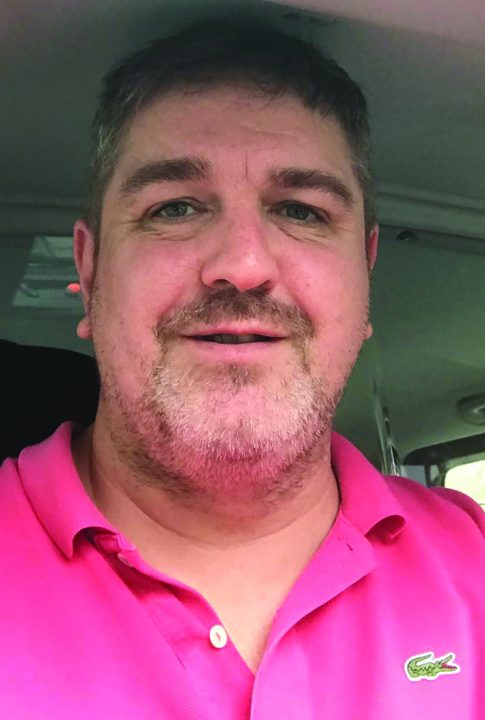London cab drivers unhappy with the leadership of the Licensed Taxi Drivers Association are stepping up their campaign to give members more of a say in the decision-making process.
The LTDA, a co-operative society registered with the Financial Conduct Authority, has over 10,000 members and is run by a Council of Management comprised of 10 members.
In May 2019, a group of 120 black cab drivers signed a formal application to the FCA to convene a Special General Meeting, amid allegations that members had been frozen out of key decisions – including the sale for £21m of the organisation’s former HQ in Paddington.
More than 300 black cab drivers drivers also signed a petition supporting the demands of the group for greater accountability.
The Covid-19 pandemic has delayed the process of finalising proceedings. However, drivers Kevin Paul and Anthony Minas, who are leading the campaign, are optimistic the SGM will happen in the next few months following consultation with LTDA branches.

They say: “We are still waiting for the Special Meeting to take place through the FCA and talks are progressing. The present COM continue to act with impunity even under the watchful eye of the FCA, who agree we have made our case.”
Working through co-operative specialists Anthony Collins Solicitors, the group has been raising its concerns with the FCA since 2018. The list of alleged mismanagement includes:
- shutting down local branches, effectively leaving most of the members without a voice
- rule changes which the member group says reduced the ability of members to participate, including preventing members from being able to call a special meeting unless 51% of the membership agreed
- obstructing attempts by members to exercise democratic rights, refusing to provide information, and seeking to expel members.
In March 2020, just before the first lockdown, the group called on the FCA to use its statutory powers to call for documents relating to the validity of a number of unusual rule changes over recent years and demand full information from the LTDA about the remuneration received by members of the Council, including pension and other benefits.
Mr Paul told Co-op News: “Branches are still not open and members have not been able to meet and discuss putting forward new candidates for the Council of Management. Because of Covid-19, logistics are difficult but we are working through this with the FCA. We hope the the applicants we represent by unwritten consensus can put forward their own suggestions as to how democracy can be restored.
“What we also hope to do is show how the COM have captured the association and to present evidence to members which we have not had the opportunity to do so far.”
The LTDA’s rules provide for members to be able to remove COM members at a general meeting, but the drivers’ group alleges that, thanks to the rule changes, the Council has prevented members from being able to call a
special meeting.
Mr Paul added: “There is only one branch currently in service, the suburban branch, which contains 0.7% of the membership, so there is huge disengagement. As soon as members started taking an active part they shut down avenues for new members to become engaged and closed and suspended branches.
“Basically the COM wants to remove the branch-based structure, which is the only real way members can meet and discuss ideas that the whole membership can vote on. If you remove branches and control what ideas are put forward to membership, the COM would be the only filter for them.
Anthony Minas, a black cab driver for over 10 years, said: “Our HQ in Paddington was sold from underneath the noses of the membership and every single question we have asked has not been answered.
“The idea that a branch which contains 70 members should be able to dictate to 10,0000 members is absurd. From our research we believe there are thousands of members who want serious change”.
Mr Paul is hoping that eventually the LTDA can register with Co-operatives UK and that rules can be changed to ensure a regular turnover of COM membership and avoid “entrenchment”.
“We want to engage with the membership and get them involved in LTDA structure in terms of what it can do but they will have their own ideas. Everything we are trying to do is to give control to the members going forward. The problem we face is the present COM refuses to engage with members. They are happy for them to take part on their terms but they should be working for the membership.”
Despite the drawn-out nature of the dispute, both Anthony and Kevin remain optimistic .
Mr Minas said: “I believe the final result will be positive as long as members understand why we are in this position. We need a fully functioning democratic association which is what it should always have been.”
Mr Paul added: “We have the evidence to support what we want to say to the membership. Our group has been so steadfast in staying together that I do not see us having anything else but a positive outcome. We are on the right side of road and whether it takes six months or six years we will pursue what is right.”
Asked to comment by Co-op News, Steve McNamara, general secretary of the Licensed Taxi Drivers’ Association, said: “The LTDA is in ongoing discussions with the Financial Conduct Authority following a formal request by approximately 100 of our 10,000 members for a general meeting to be convened, as part of their campaign to restrict reform to open and democratic member voting by all the membership.”